Importance of Certifications in Steel Structure Manufacturing
ISO Certifications: The Foundation of Quality Management
ISO certifications serve as the cornerstone of quality management in steel structure manufacturing. These internationally recognized standards ensure that factories implement and maintain robust quality management systems. ISO 9001, for instance, focuses on customer satisfaction and continuous improvement, while ISO 14001 addresses environmental management practices. OHSAS 45001, now transitioned to ISO 45001, emphasizes occupational health and safety. Together, these certifications demonstrate a factory's commitment to delivering high-quality products while prioritizing environmental stewardship and worker safety.
Industry-Specific Certifications: Elevating Expertise
Beyond ISO standards, industry-specific certifications play a vital role in steel structure manufacturing. The EN 1090 certification, for example, is crucial for factories producing structural steel components for the European market. This certification ensures compliance with the Construction Products Regulation (CPR) and allows manufacturers to CE mark their products. Similarly, certifications from organizations like the American Institute of Steel Construction (AISC) or the Canadian Welding Bureau (CWB) can open doors to international markets and showcase a factory's expertise in specialized areas of steel fabrication.

Welding Qualifications: Ensuring Structural Integrity
Welding is a critical process in steel structure manufacturing, and proper qualifications are essential to ensure structural integrity. Certifications such as those from the International Institute of Welding (IIW) or the American Welding Society (AWS) demonstrate a factory's proficiency in various welding techniques. These qualifications cover different welding processes, positions, and materials, ensuring that welders and welding procedures meet stringent quality standards. By investing in welding certifications, steel structure factories can guarantee the reliability and durability of their products.
Quality Standards in Chinese Steel Structure Factories
Material Testing and Traceability
Quality standards in Chinese steel structure factories begin with rigorous material testing and traceability processes. Reputable manufacturers employ advanced testing equipment to verify the chemical composition and mechanical properties of steel materials. This includes spectrographic analysis, tensile testing, and impact testing. Moreover, implementing robust material traceability systems ensures that every piece of steel used in a project can be traced back to its origin, providing clients with complete transparency and confidence in the materials used.
Precision Manufacturing Techniques
Leading Chinese steel structure factories invest in state-of-the-art manufacturing equipment and techniques to maintain high quality standards. Computer Numerical Control (CNC) machines ensure precise cutting and drilling of steel components, minimizing errors and reducing material waste. Advanced welding technologies, such as robotic welding systems, contribute to consistent weld quality and increased productivity. Additionally, the implementation of Building Information Modeling (BIM) in the design and fabrication process enhances accuracy and facilitates seamless collaboration between different project stakeholders.

Quality Control and Inspection Procedures
Comprehensive quality control and inspection procedures are integral to maintaining high standards in steel structure manufacturing. Chinese factories implement multi-stage quality checks throughout the production process, from raw material inspection to final product examination. Non-destructive testing methods, such as ultrasonic testing and magnetic particle inspection, are employed to detect any internal or surface defects in welded joints. Furthermore, dimensional checks using advanced measurement tools ensure that all components meet the specified tolerances. These rigorous quality control measures help minimize defects and ensure that the final product meets or exceeds client expectations.
Innovations and Advancements in Steel Structure Quality
Advanced Corrosion Protection Technologies
Innovation in corrosion protection is a key focus area for Chinese steel structure factories. Advanced technologies like -60°C Weathering Steel Anti-corrosion Technology represent significant advancements in protecting steel structures in harsh environments. This cutting-edge approach enhances the durability of steel components, making them resistant to extreme weather conditions and corrosive atmospheres. By incorporating such innovative solutions, manufacturers can extend the lifespan of steel structures and reduce maintenance costs for clients operating in challenging environments.
High-Precision Fabrication Techniques
Chinese steel structure factories are continuously improving their fabrication techniques to achieve higher levels of precision. Ultra-thick plate cutting with tolerances as tight as ±0.2mm showcases the industry's commitment to precision manufacturing. This level of accuracy is crucial for complex projects that require perfect fit and alignment of components. By investing in high-precision fabrication technologies, factories can produce steel structures that meet the most demanding specifications, reducing on-site adjustments and improving overall project efficiency.
Integration of Digital Technologies
The integration of digital technologies is revolutionizing quality standards in steel structure manufacturing. Building Information Modeling (BIM) is increasingly being adopted to enhance design accuracy, optimize material usage, and facilitate better collaboration between stakeholders. BIM-driven prefabrication allows for more precise planning and execution of projects, reducing errors and improving overall quality. Additionally, the use of digital twin technology enables manufacturers to create virtual replicas of steel structures, allowing for advanced simulations and performance predictions before physical fabrication begins.
Conclusion
China's steel structure factories have made significant strides in adopting and implementing rigorous certifications and quality standards. From ISO certifications to specialized welding qualifications, these standards ensure the production of high-quality, reliable steel structures. Innovations in corrosion protection, precision manufacturing, and digital integration further elevate the industry's capabilities. As global construction demands continue to evolve, Chinese steel structure manufacturers are well-positioned to meet these challenges, offering clients superior products that combine innovation, quality, and efficiency. By prioritizing certifications and quality standards, these factories not only enhance their competitiveness but also contribute to the safety and longevity of built environments worldwide.
FAQs
What certifications should I look for when choosing a steel structure manufacturer?
Look for ISO 9001, ISO 14001, and ISO 45001 certifications, as well as industry-specific certifications like EN 1090 for European markets. Welding qualifications from recognized bodies are also important.
How do quality standards in Chinese steel structure factories compare to international standards?
Many Chinese factories adhere to international standards and often exceed them, implementing rigorous quality control processes and investing in advanced technologies to ensure high-quality products.
What innovations are Chinese steel structure factories implementing to improve quality?
Chinese factories are implementing advanced corrosion protection technologies, high-precision fabrication techniques, and integrating digital technologies like BIM to enhance quality and efficiency.
Expert Steel Structure Solutions | Zhongda Steel
At Zhongda Steel, we pride ourselves on our unwavering commitment to quality and innovation in steel structure manufacturing. Our state-of-the-art 120,000 m2 facility, equipped with cutting-edge technology, allows us to deliver precision steel solutions for projects worldwide. From Arctic bridges to industrial hubs, our expertise spans diverse applications. Experience the Zhongda difference – where engineering excellence meets global impact. Ready to elevate your next project? Contact us at Ava@zd-steels.com for unparalleled steel structure solutions.
References
Zhang, L., & Wang, Y. (2021). "Quality Management in Chinese Steel Structure Manufacturing: A Comprehensive Review." Journal of Construction Engineering and Management, 147(3), 04021009.
Chen, X., et al. (2020). "Advancements in Corrosion Protection Technologies for Steel Structures in China." Corrosion Science, 163, 108290.
Li, H., & Liu, Y. (2019). "The Role of BIM in Enhancing Quality Standards in Steel Structure Fabrication." Automation in Construction, 97, 205-215.
Wang, J., et al. (2022). "Certification and Quality Control Practices in Chinese Steel Structure Factories: A Comparative Analysis." International Journal of Steel Structures, 22(1), 123-135.
Liu, Z., & Zhang, Q. (2020). "Innovation and Technology Adoption in Chinese Steel Structure Manufacturing: Trends and Challenges." Journal of Cleaner Production, 256, 120384.
Yang, Y., et al. (2021). "The Impact of International Certifications on the Competitiveness of Chinese Steel Structure Manufacturers." Journal of International Business Studies, 52(6), 1116-1141.











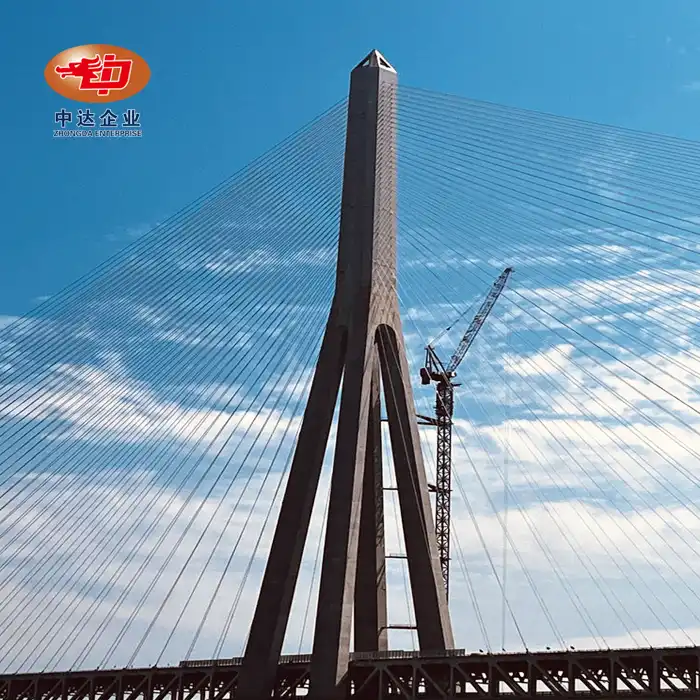
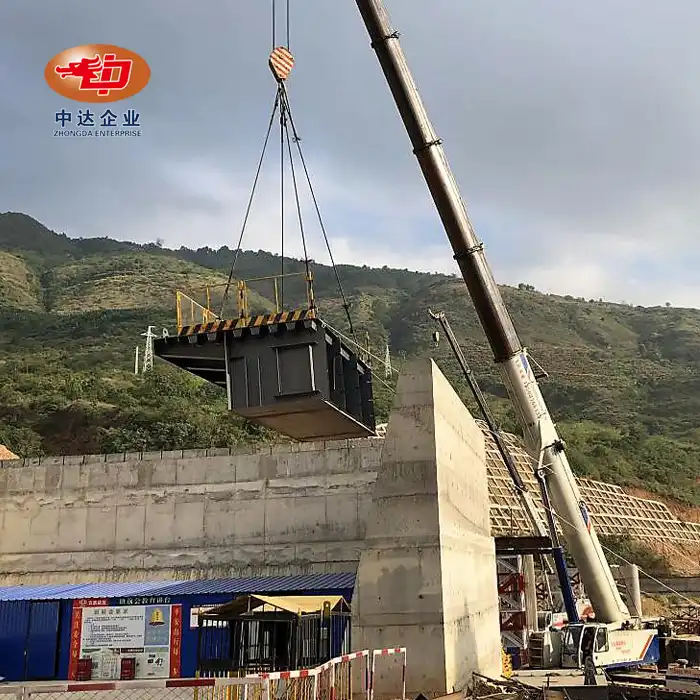
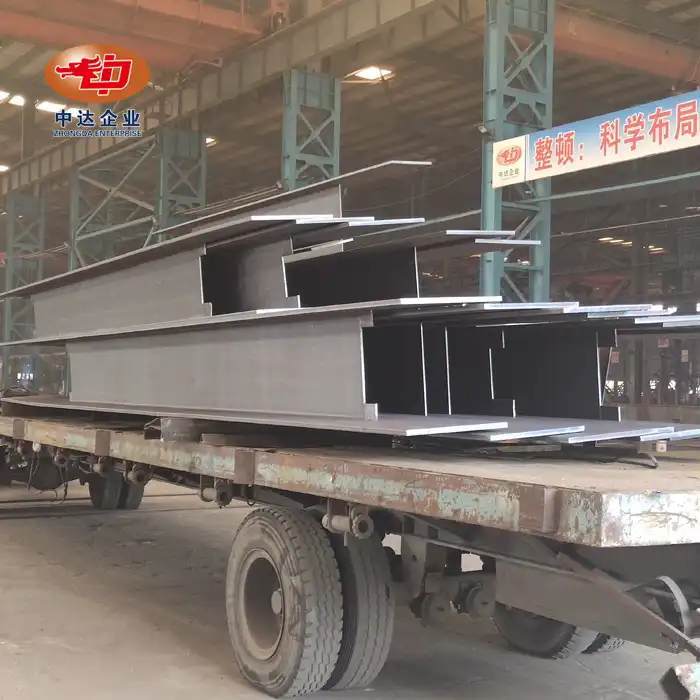
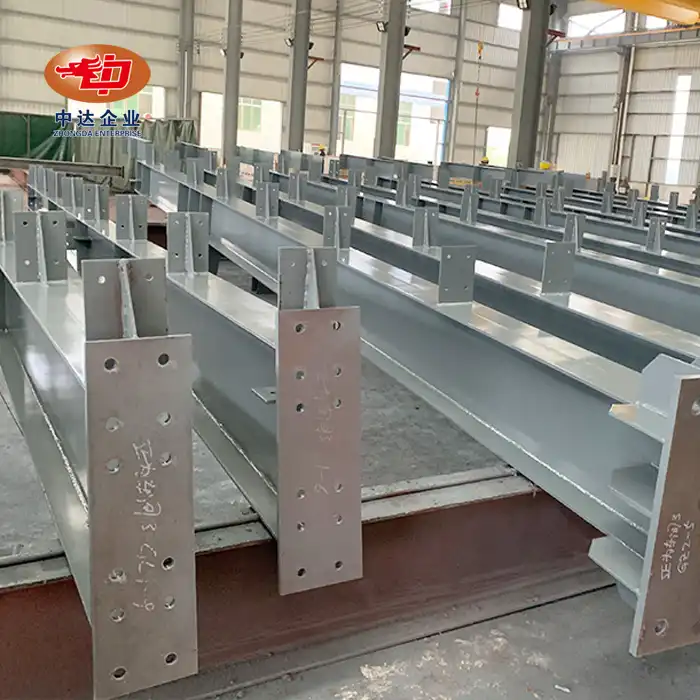
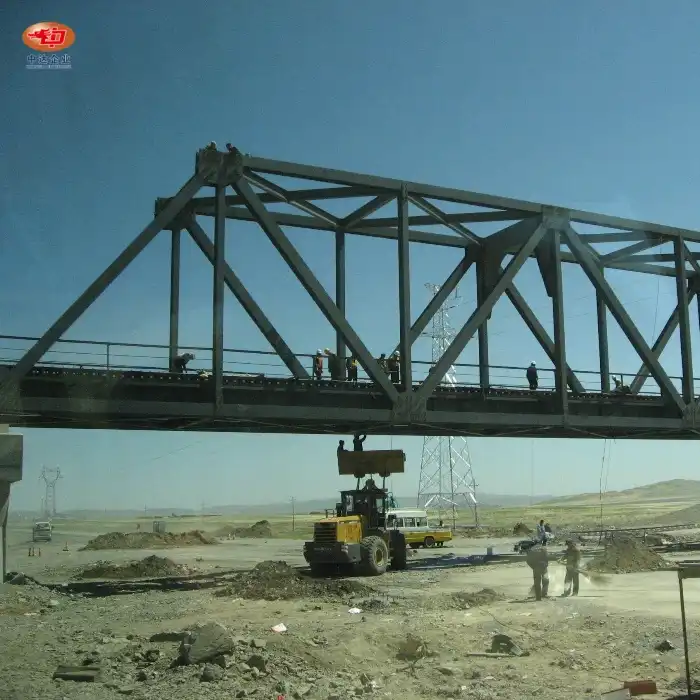
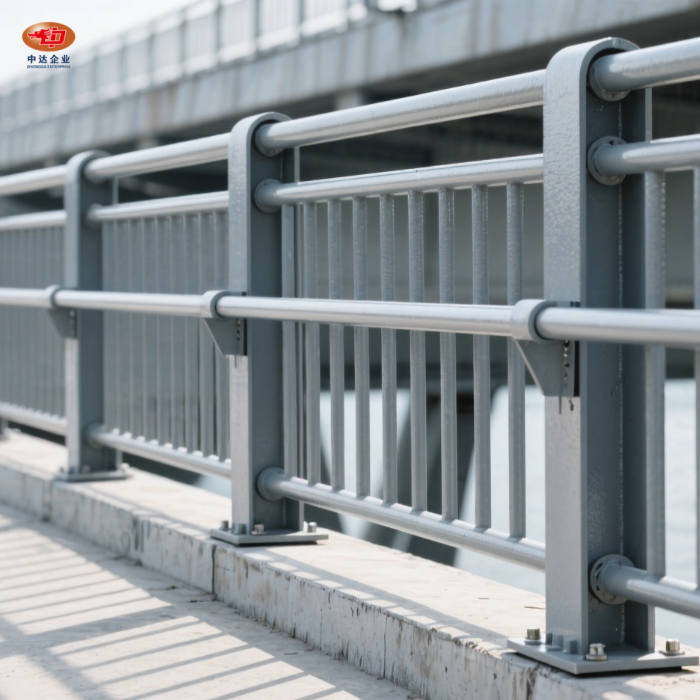
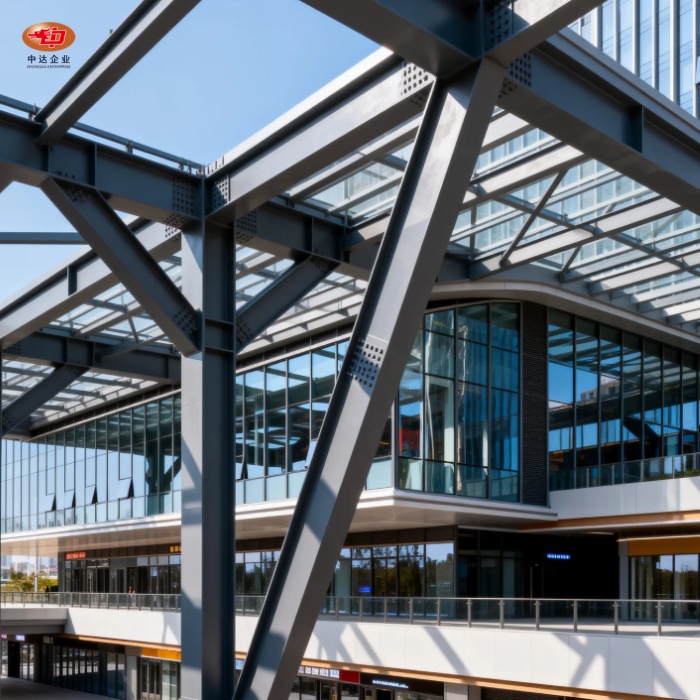
_副本_1757053936097.jpg)
